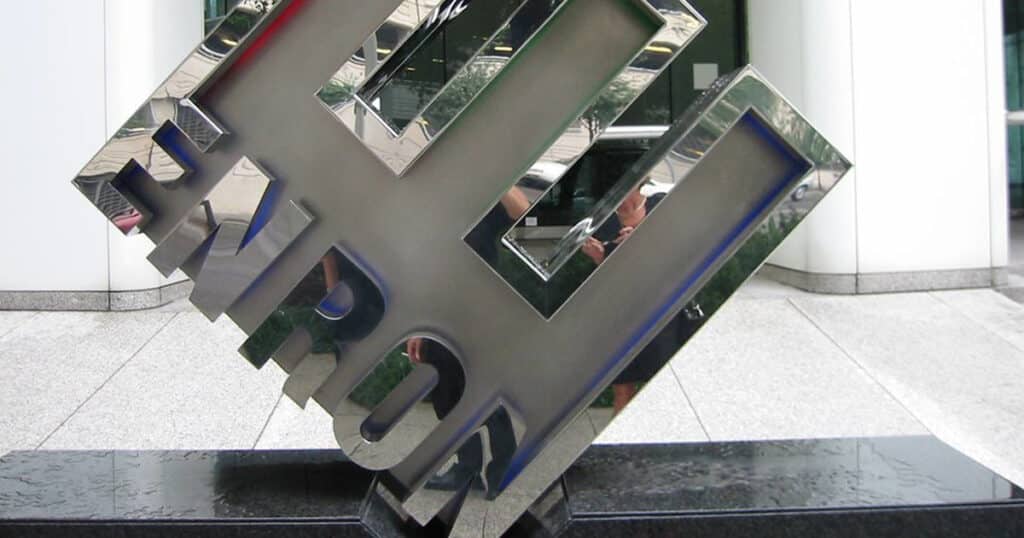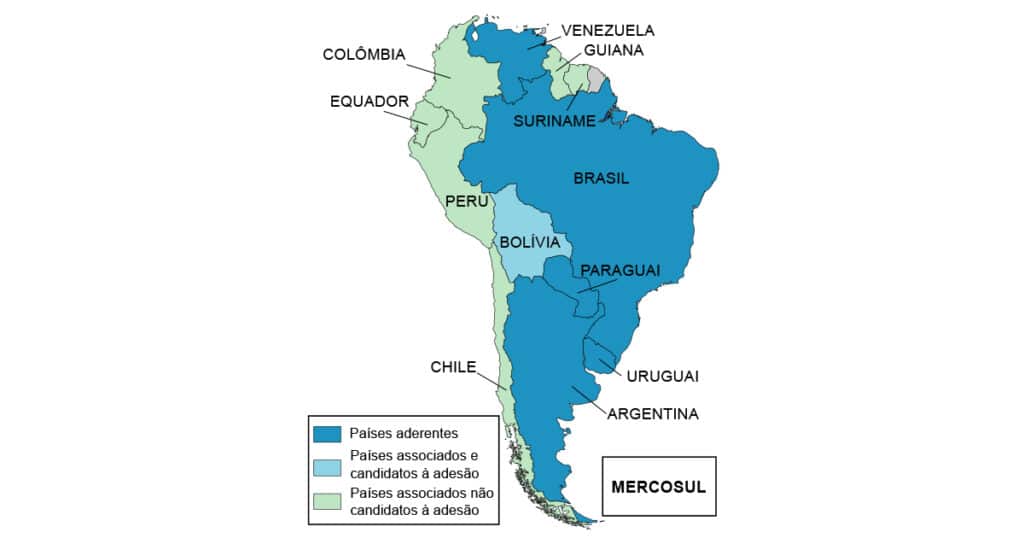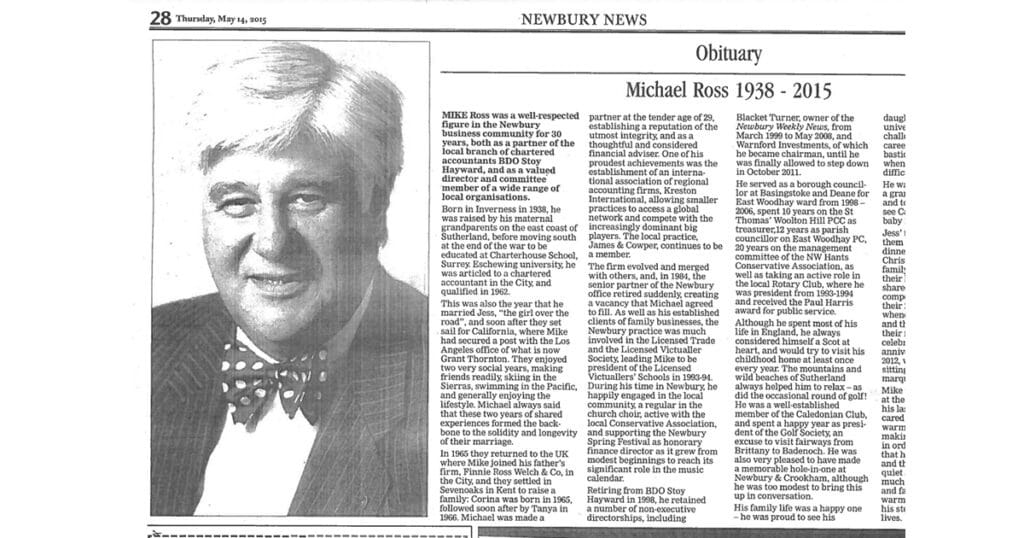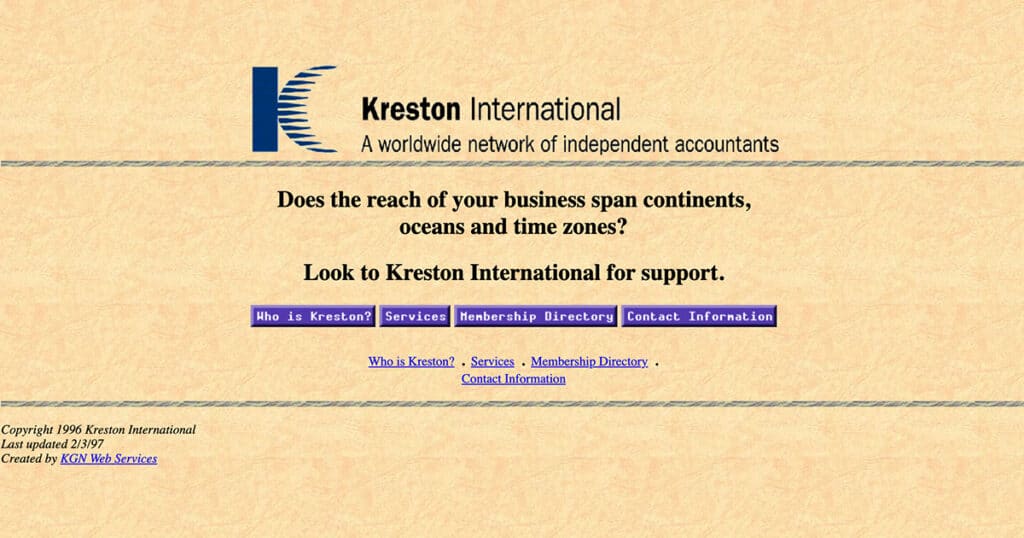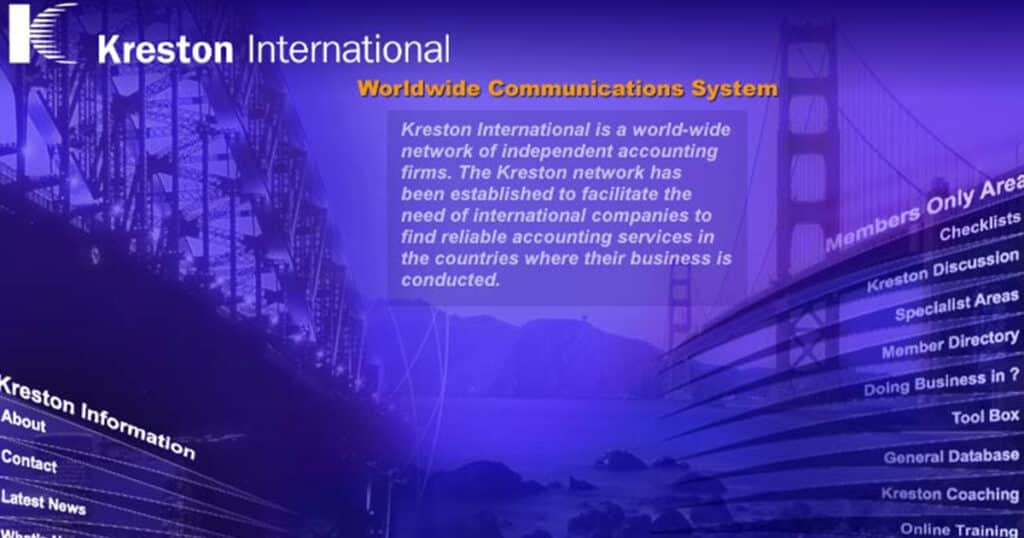Our history 1991 – 2001

1991 – 2001 DIGITALLY CONNECTED
Alnoor Bhimani
30 years ago we talked about emerging technologies tied to computers within a business mindset that was largely analogue. This led to accounting advances including target cost management, activity-based budgeting and management, quality costing and the balanced scorecard. Many of these techniques continue to be useful today. Subsequently, the emergence of the internet initially made accountants more concerned about changes that affected business models. What we focused upon to a large degree was dictated by what we used to provide information on. The concern was in many ways on what firms could enhance through technology.”
Nelson Mandela released
Nelson Mandela is released from prison in South Africa after 27 years as a political prisoner. With the end of the ban on the African National Congress (ANC) in the same year, the path is set for his election as prime minister in 1994.
Collapse of Enron
Group expanded
The group expanded and finally put in place a more formal structure by appointing the first Kreston International Secretary/CEO, Chris Flint.
Dagmar Brösztl-Reinsch
“We have had so many great, dedicated people. Chris Flint put all firms and people behind him. He was very people-driven”.
Establishment of Mercosur
Mercosur or the ‘Southern Common Market’ is established in Latin America, initially introducing a free trade zone in which members could not tax or restrict each other’s imports. The founding members are Argentina, Brazil, Paraguay, Uruguay and Venezuela; Bolivia, Chile, Colombia, Ecuador and Peru become associate members later on.
Founding firm Finnie & Co acquired by BDO
Founding firm Finnie & Co acquired by BDO, which saw Mike Ross move on from Kreston. Many years later, an obituary of 2015 claimed that founding Kreston was “one of his proudest achievements”.
North American Free Trade Agreement (NAFTA)
North American Free Trade Agreement (NAFTA) implemented between the USA, Canada and Mexico. Lifting tariffs on the majority of goods produced by those nations, it created one of the largest trade blocs in the world by GDP.
Barings collapse
Britain’s oldest investment bank Barings collapses after 28-year-old trader Nick Leeson loses $1.3billion in unauthorised trades. Leeson, based in the Singapore office, was sentenced to six years in prison in Singapore.
Kyoto Protocol
Kyoto Protocol signed by 150 countries at global warming conference in Japan, committing signatories to limit and reduce greenhouse gases emissions in line with agreed targets. It was implemented in 2005 following a lengthy ratification process.
Mergers in the accountancy world
Accountancy firms Coopers & Lybrand and Price Waterhouse merge to create the world’s largest accounting organisation, PwC. The new firm would dwarf its nearest competitor Andersen Worldwide by more than US$2bn.
First major computer virus
The Melissa virus, created by a rogue US programmer, causes havoc after spreading to approximately one million email accounts. More than 300 corporations and government agencies all over the world were affected, with many shut down, including Microsoft.
Dr Gabriel Brösztl stands down
After serving as Chairman of Kreston for 29 years, Dr Gabriel Brösztl stood down. He continued to serve on the board until 2005. Ned Futter, of Wiss & Co, USA, became Chairman of Kreston in 2000, serving in the role until 2005.
Dagmar Brösztl-Reinsch
“If you’d have asked my father “could you imagine leaving Kreston for another network?”, he would have said “no, never – that’s my baby”.
DotCom bubble bursts
Between 1995 and 2000 the Nasdaq Composite stock market index rose 400%, fuelled by speculation of internet-related companies. Between March 2000 and October 2002, the index fell 78%, erasing the gains of the previous five years.
Conference in Buenos Aires
Conference in Buenos Aires features new member presentations from firms in Colombia, Venezuela, New York, Hong Kong, London and Brisbane, as well as a day tour of the city, introducing visitors to the beautiful parks and gardens of Palermo, the bustling banking and business centre, the historical Government House, Congress and the Recoleta Cemetery.
Andrew Collier
“What makes Kreston stand out? The personal relationship between partners and members – people know each other across borders.”
Automatic Identification and data capture
Optical Character Recognition (OCR) and Intelligent Data Capture (IDC) technology is introduced, enabling the automation of the accounts payable process. Instead of manually entering information, key bits of data are digitally captured and populated in a variety of index fields.
Patrick Fournier
“The most important global change for me has been the digitalisation of accounting and the industry. It has totally changed the way we work and has been a good opportunity for our profession.”


